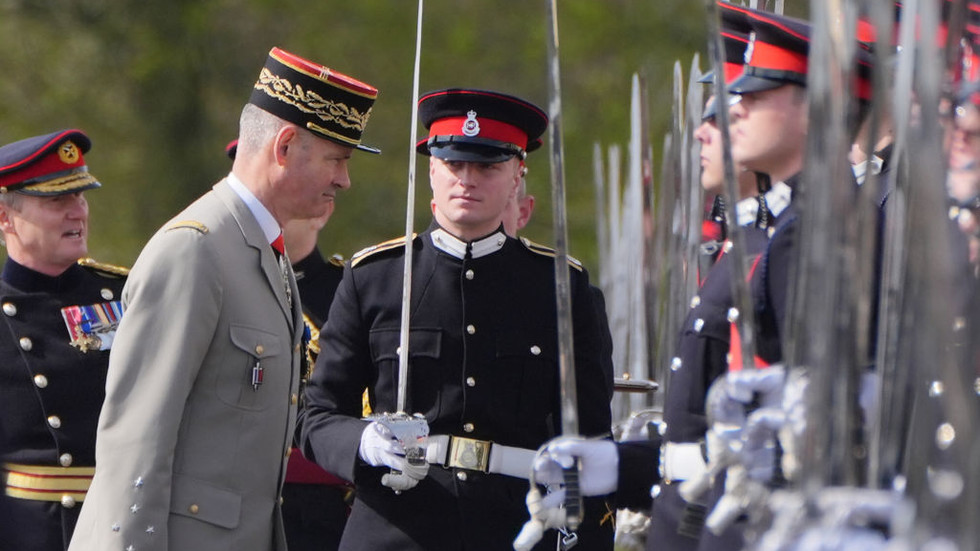The Changing Dynamics of Combat: The Impact of the Ukraine Conflict
The French Army’s Perspective
The French Army’s chief of staff recently made a statement regarding the ongoing conflict in Ukraine, highlighting how it is reshaping the “dynamics of combat.” According to the chief of staff, one of the key areas being impacted by the conflict is the “control” of information. This shift in the way warfare is conducted is a significant development that has far-reaching implications for military strategy and tactics.
Information Warfare
Information has always been a crucial aspect of warfare, but the rise of technology and social media has transformed the way information is disseminated and consumed. In the context of the Ukraine conflict, the control of information has become a battleground in itself. Both sides are using propaganda, misinformation, and disinformation to shape the narrative and influence public opinion.
The French Army’s recognition of the changing dynamics of combat underscores the need for military forces to adapt to this new reality. Traditional battlefield tactics may no longer be sufficient in a landscape where information warfare plays a central role. This shift requires a reevaluation of strategies, resources, and training to effectively navigate this evolving battlefield.
Impact on Individuals
As an individual, the changing dynamics of combat in light of the Ukraine conflict may have indirect effects on your daily life. The use of information warfare can impact public perceptions, shape political discourse, and potentially influence decision-making at both the national and international levels. It is essential to be aware of the role that information plays in modern conflicts and to critically evaluate the sources of information you encounter.
Impact on the World
On a global scale, the implications of the changing dynamics of combat are profound. The use of information warfare not only affects the outcome of specific conflicts but also has broader implications for international relations, diplomacy, and security. As countries continue to leverage information as a weapon, there is a growing need for robust mechanisms to counter disinformation and uphold the integrity of information networks.
Conclusion
The French Army’s chief of staff’s comments on the Ukraine conflict highlight the significant impact that changing dynamics of combat are having on modern warfare. The shift towards information warfare poses new challenges for military forces and underscores the importance of adapting to this evolving landscape. As individuals and as a global community, it is crucial to understand the role of information in conflicts and to be vigilant in the face of disinformation and propaganda. By staying informed and aware, we can navigate these new challenges and contribute to a more secure and informed world.





